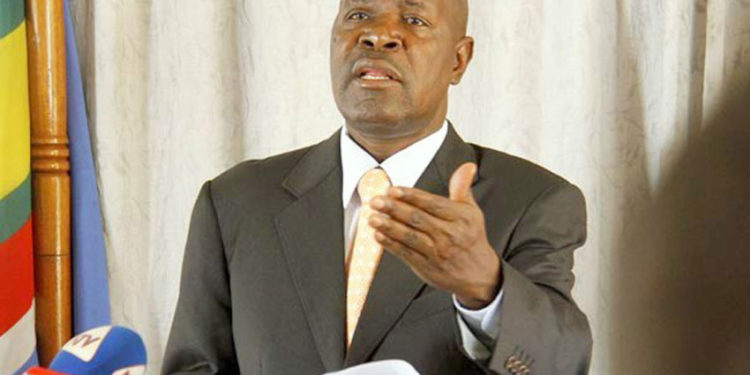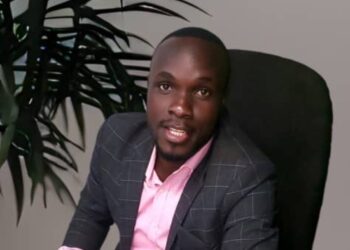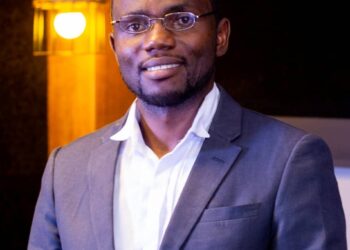It’s sixteen months and counting since Covid19 was declared a global pandemic by the World Health Organisation (WHO), and for African countries especially Uganda, we seem to be whistling in the dark concerning our levels of preparedness, capacity to test and treat, and to wholly accept the hard measures as meant for our collective good and safety. With social life, education and economy devastated the anguish, anxiety and rising resistance among the public are understandable.
Matters aren’t being helped by the ever increasing knowledge that much of Africa appears to be on its own considering that vaccines, being manufactured and imported from the global north are becoming harder to obtain even for those countries with the financial ability to purchase. Even with their own money, African countries have to take the long route through the African Union and then COVAX, the platform created by WHO for third world countries to access the vaccines.
The forty-two day lockdown came to an end last Friday by which time any casual observer could notice an impatient public facing down with security personnel on the many check-points mounted and reinforced by military police from the Uganda People’s Defence Forces (UPDF).
Prime Minister Robinah Nabbanja still shining, Health Minister Jane Ruth Aceng and Permanent Secretary Diana Atwine the threesome facing the immediate firestorm in government response to Covid19, are clearly on a visible mental and physical burn out, almost running out of credible policy options. They aren’t being helped by the fact that our collective national response to the Covid19 pandemic has been shambolic and hysterical at best, leaving huge gaps for a fifty ton truck to drive through.
Going forward, there’s need for government to issue general practical assessment that everyone can modify to suit their own localized circumstances so that gradually, step by step and in phases the country can safely begin to re-open otherwise we could face a social, if not political implosion.
At work places or in homes, people should self-isolate if they or someone among them has a persistent signs of Covid19 like cough, a high temperature or lost their sense of taste or smell. If someone is self-isolating, employers should appreciate and let them have full recovery. While there may not be strict legal requirement except the Public Health Act, we must continue to senstise the population in order to minimise the risk of exposure to infection for all individuals attending public events. This should be designed to assist those attending or organising a funeral during this pandemic so that people are treated with sensitivity, dignity and respect when burying their dead.
Ugandans need to that another to strictly observe the SOPs is most likely to make a third wave and another lockdown even more psychologically challenging than the two we already gone through. And yes, for most Ugandans, it was the belief that government was working towards a clear end point that made the extreme measures to combat the virus acceptable.
This last lockdown hasn’t been any easier for having been through it before the pandemic fatigue brought more weariness because when we thought that we were beginning to see some light at the other end of the tunnel, then all of a sudden we realized that it is the eye of an owl. It is difficult to see how we summon the strength to endure another wave and lockdown.
Psychologists have long warned about “crisis fatigue” in society, the exhaustion that comes from a torrent of calamitous events in the news cycle, making some people switch off and others sink into complete despair, and many think that exhausting power of this pandemic is different. Other crises like wildfires, floods, and a civil uprising seem to come and go, and their end may be easier to predict, but Covid19 has persisted, interminably, over and above it all.
Whereas we could see crises as moments of transition, wake-up calls or “turning points that should take us to a higher plane, Covid19 surely offers an opportunity to change our often wasteful lifestyles especially on funeral and marriage ceremonies. In industry, commerce and education it has proved that Ugandans can accomplish many things by themselves and remotely, saving unnecessary overhead costs.
The cavalry, we have been told, will come from the science that will bring vaccination and effective treatment, and yet for now that remains a long shot for Uganda. Detecting cases, testing, tracking contacts, and containing the spread of infection remains our strongest weapon. But the truth is that there is need to find new approaches because the cavalry might not be here soon and so we are in this for a long haul as Covid19 is within communities.
But we can get there faster if we follow the basic public health advise to wear a mask, wash hands, sanitise hands and surfaces, keep social distance and avoid unnecessary gatherings especially those involving strangers. It’s not an exercise in political control or to ruin peoples’ businesses as some charlatans allege, rather, an effort to contain this devastating pandemic.
Do you have a story in your community or an opinion to share with us: Email us at editorial@watchdoguganda.com













